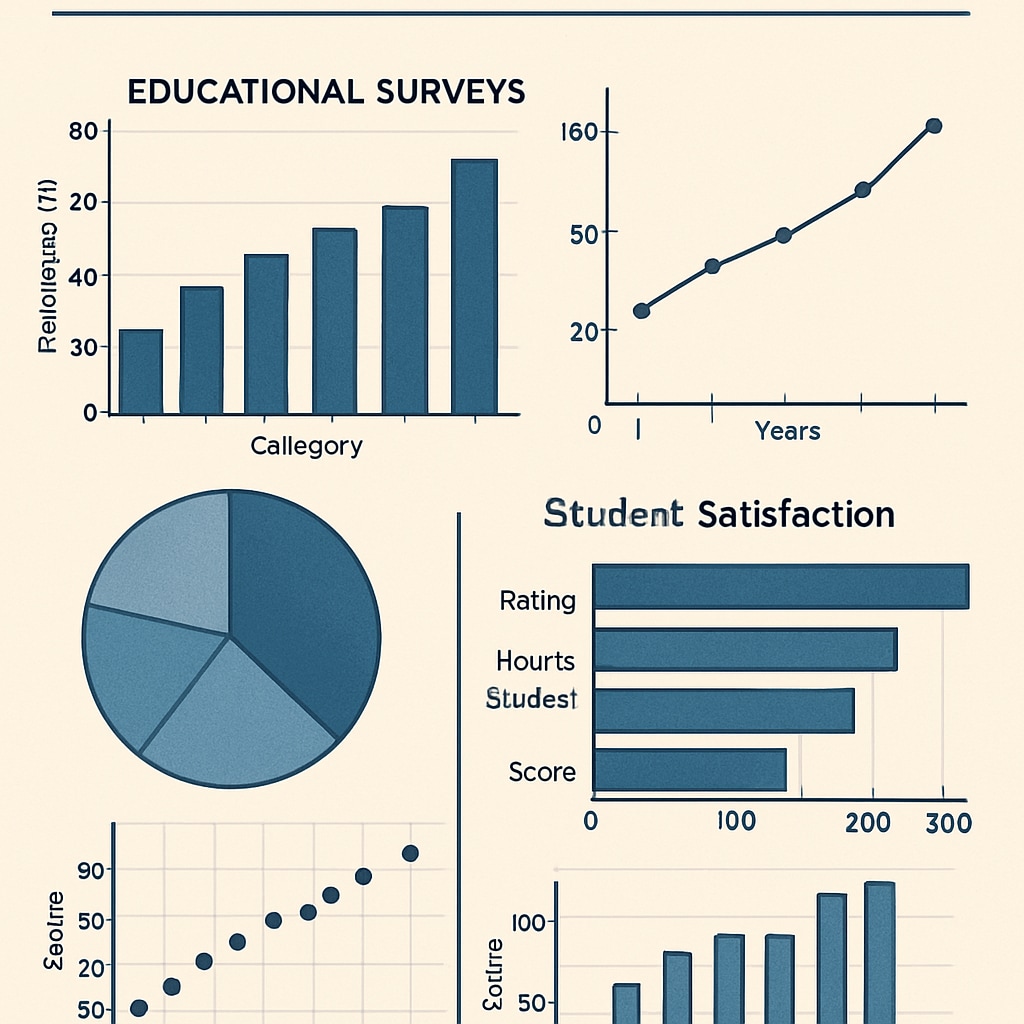Research surveys and questionnaires serve as vital tools in uncovering effective learning strategies that can revolutionize K12 education. By gathering insights from diverse stakeholders—students, parents, and educators—this collaborative approach bridges the gap between theoretical frameworks and practical application, paving the way for a data-driven transformation in the educational landscape.
The Importance of Research in Education
Understanding how students learn best has always been a cornerstone of effective education. However, traditional methods often rely on anecdotal evidence or outdated practices. Research surveys provide a systematic approach to collecting data, enabling educators to identify patterns and strategies that yield measurable results.
For example, studies conducted by educational organizations such as Wikipedia on Education highlight the correlation between individualized learning methods and improved academic performance. This data-driven approach ensures that interventions are tailored to the unique needs of K12 students.

How Questionnaires Bridge Theory and Practice
Questionnaires act as a bridge between academic theory and classroom practice. By asking targeted questions, researchers can pinpoint effective techniques, such as active recall, spaced repetition, and interactive learning. These findings not only inform educators but also empower students to take ownership of their learning journey.
One practical example is the use of digital platforms for administering surveys. These tools ensure a wide reach, enabling researchers to collect data from urban and rural settings alike. Platforms like Britannica on Educational Technology have demonstrated how technology can democratize access to educational insights.

Calling All Stakeholders: Your Role in Educational Innovation
Effective learning is not a one-size-fits-all process. The success of this initiative depends on the active participation of all stakeholders. Parents can provide valuable insights into home-based learning practices, while students can share firsthand experiences of what works for them. Educators, on the other hand, can highlight challenges and propose solutions based on classroom dynamics.
To ensure meaningful change, it is crucial for communities to rally behind this cause. By participating in surveys and sharing feedback, stakeholders contribute to a richer understanding of effective learning strategies, ultimately benefiting future generations.
Conclusion: Shaping the Future Through Collaboration
As we strive to unlock the learning potential of K12 students, research surveys and questionnaires prove to be indispensable. They provide the foundation for data-driven decisions that enhance educational outcomes. Together, we can shape a future where every student has access to effective, personalized learning strategies.
Join us in this educational revolution—your voice matters!
Readability guidance: This article uses short paragraphs and clear headings to enhance readability. The content is structured to highlight key points, with examples and external links providing additional context. Transition words ensure smooth flow, while images complement the text for visual engagement.


